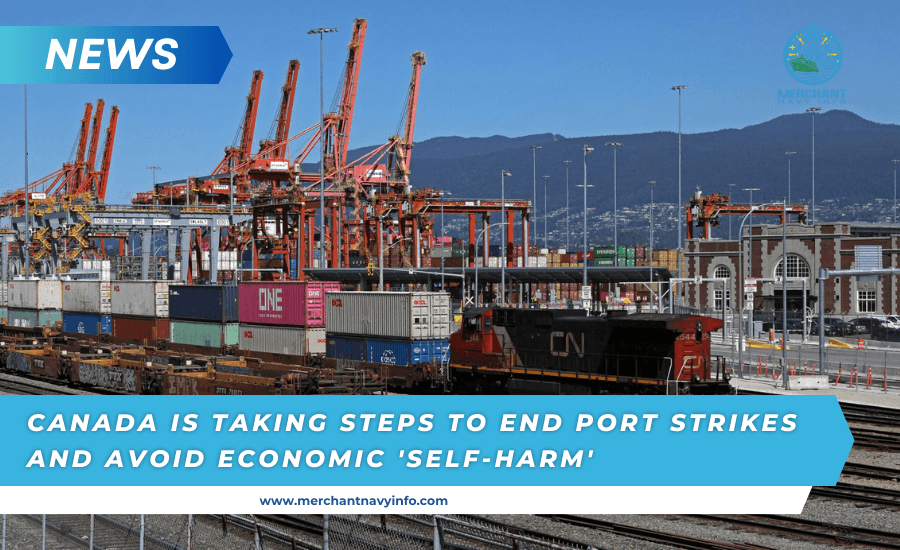
Canada Is Taking Steps To End Port Strikes And Avoid Economic ‘Self-Harm’
Canada moved on Tuesday to end industrial disputes at the country’s two largest ports, Vancouver and Montreal, citing economic losses and the risk of alienating trading partners.
It was the second time in as many months that the Liberal government has intervened to end a conflict. In August, he ordered an end to a strike at the country’s two largest rail companies.
Labour Minister Stephen McKinnon said he had ordered the National Industrial Relations Board to issue an order ending the strike and implementing binding arbitration.
“As the economic losses threaten the country and begin to mount, it is the government’s responsibility to ensure … that we can move forward the economic life of this country and avoid layoffs and other carnage,” he said at a news conference.
“Canadians have a limited tolerance for economic self-inflicted wounds at this time.”
McKinnon said the dispute affects more than C$1.3 billion ($932 million) worth of goods daily and has affected shipments of canola oil, forest products, and other goods.
McKinnon said the Canada Industrial Relations Board, which is independent but takes guidance from Ottawa, will take several days to issue the relevant orders.
The left-leaning government prefers to resolve labor disputes through collective bargaining. Still, McKinnon said it was forced to intervene after a federal mediator reported talks in Montreal and Vancouver were at an impasse.
The Montreal dockworkers union rejected a final offer for a new labor contract, leading to the strike announcement. Exports of canola oil and forest products from West Coast ports, including Vancouver, have been halted.
“These stoppages impact our supply chain, hundreds of thousands of Canadian jobs, our economy and our reputation as a trusted international trading partner,” McKinnon said, complaining that employers and unions are not acting urgently.
“I have directed the Canada Industrial Relations Board to order the restoration of all operations and functions of the ports and to assist the parties in resolving the collective agreement through the conduct of final and binding arbitration,” he said. (1 Canadian dollar = 1.3943 Canadian dollars)









